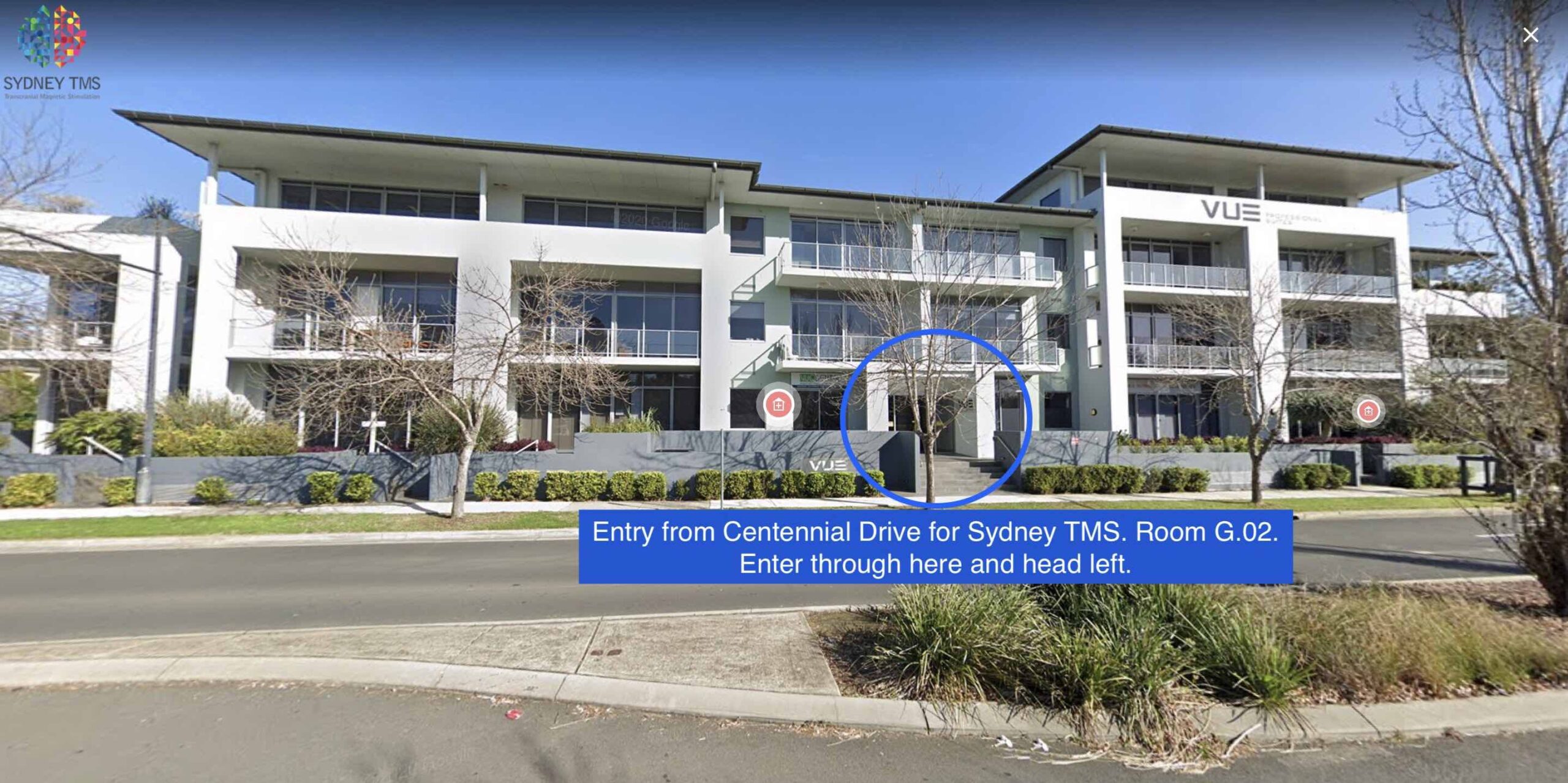TMS or transcranial magnetic stimulation is a therapy used to treat depression. TMS uses magnetic technology to stimulate brain cells to help improve depression symptoms. TMS therapy is a non-invasive, painless procedure and there is no need for hospitalisation or anaesthetic to undergo this form of depression treatment.
An electro-magnetic coil is used during the treatment and this placed on the scalp. A magnetic pulse is released from the coil and the strength of the pulse is determined by your clinician. The magnetic pulse helps to stimulate nerve cells in the brain to help stimulate brain cells and improve mood and depression.
This TedX talk provides a thorough explanation on how TMS is actually works.
TMS is also commonly referred to as rTMS as it involves delivering repetitive magnetic pulses to frontal part of the brain. Clients will generally receive treatment between 3 and 5 sessions each week for up to 30 sessions. Each session taking approximately 45 minutes. Sydney TMS provides TMS therapy in an outpatient clinic, so you can drop in for your session and then go about your daily business. At this stage TMS therapy is used only to treat depression, however research is currently exploring the possibility of using TMS on stroke sufferers, epilepsy and a number of other brain associated illnesses. We will provide new research and updates here on our website as they arise.
If you have trialled and failed two or more medication attempts to treat your depression you should consider TMS therapy. You need to be 18 years of age or older. To find out if TMS is suitable for you please look at our checklist.
TMS is considered to be a very well tolerated depression treatment that has fewer side effects when compared to other depression treatments like ECT or medication. Our website lists the possible side effects and they compare considerably well when you compare them against some of the alternative depression treatments available.



